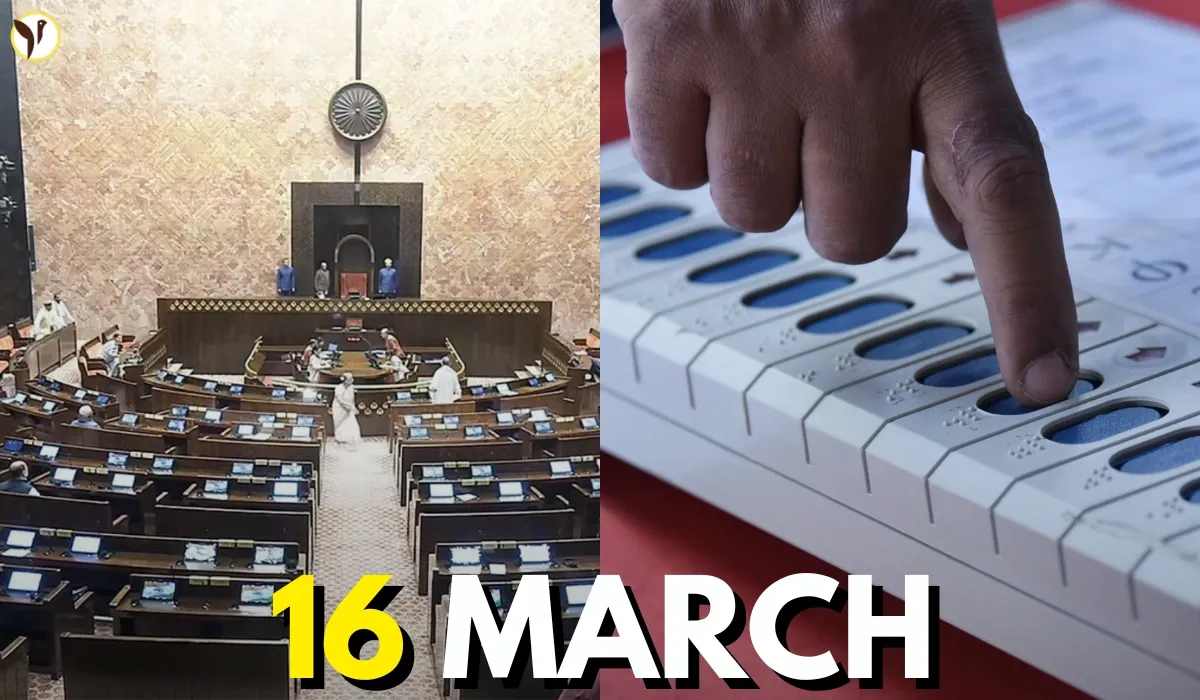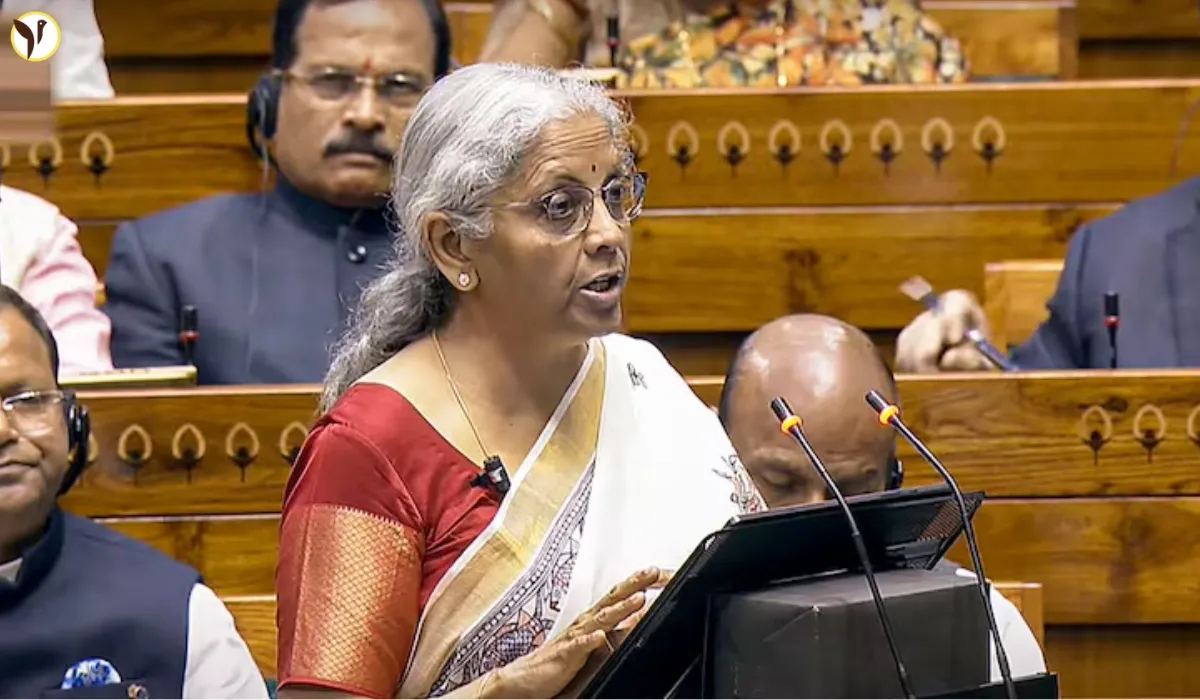Senator Cruz's Bold Vision: $1,000 for Every American Newborn
What if every American child could start life with a financial foundation? That's exactly what Senator Ted Cruz is proposing with his new Invest America Act. The Texas Republican is turning heads with a plan that would give every newborn baby a $1,000 investment at birth. It's essentially a financial welcome gift that could grow substantially over time, potentially changing how future generations approach wealth-building.
How Would It Actually Work?
Here's the deal: that initial $1,000 wouldn't just sit in a bank account collecting dust (and minimal interest). Instead, it would be deposited into a private, tax-advantaged account invested in an index fund tracking the S&P 500. If you're familiar with investing, you know this means the money rides along with the broader market—historically a pretty solid bet over the long haul.
Parents and family members wouldn't be left on the sidelines, either. They could boost their child's financial future by contributing up to an additional $5,000 each year. Imagine what 18 years of compound interest could do with regular contributions!
-
Tax Advantages: These accounts would grow tax-deferred—meaning the investment gains won't be taxed year after year as they grow. That's a significant advantage over traditional savings.
-
Withdrawal Rules: Kids couldn't touch the money until they turn 18. At that point, they'd only pay capital gains tax on their earnings—typically much lower than regular income tax rates.
"Every child in America will have private investment accounts that will compound over their lives," Cruz explained, clearly excited about the potential. He sees this as a transformative policy that could become a defining achievement for Republicans while boosting economic opportunity for future generations.
The Price Tag and the Pushback
Let's talk numbers. With roughly 3.6 million babies born in the US each year, we're looking at an initial investment of about $3.6 billion annually. That's not pocket change, especially considering our national debt concerns.
I can already hear the questions: Is this fiscally responsible? Can we afford another government program? These are valid concerns that will undoubtedly fuel heated debates in Washington and around dinner tables nationwide.
Interestingly, there's already a smaller version of this idea making its way through Congress. Dubbed "MAGA accounts" (yes, really), this pilot program is tucked into a larger tax reform package nicknamed "The One, Big, Beautiful Bill" (again, yes, really). This scaled-down version would limit the $1,000 contribution to children born between 2024 and 2028 who are 8 years old or younger.
-
Testing the Waters: The inclusion of this pilot program represents a significant win for Cruz and his supporters who want to prove the concept can work before going all-in.
-
Next Steps: The House Ways and Means Committee will review the broader bill, including these MAGA accounts, this coming Tuesday. Keep an eye on that if you're interested in how this might unfold.
Could This Actually Change Lives?
Think about it for a moment. What would your financial situation look like today if you'd had $1,000 invested in the market since birth, potentially with additional contributions along the way? For many Americans who struggle to start investing or saving, this could be a meaningful head start.
Cruz believes the program would lead to "fundamental and transformative changes for the financial security and personal freedoms of American citizens for generations." That's a big claim, but there's something compelling about giving every child some skin in the economic game from day one.
As someone who's watched countless debates about financial literacy and wealth inequality, I find the simplicity of this approach intriguing. Rather than just teaching kids about money, it would give them actual experience watching investments grow over time.
The Bottom Line
Cruz's Invest America Act is ambitious, expensive, and potentially game-changing. Will it deliver on its promise of creating a more financially savvy and invested generation? Or will budget concerns and political gridlock keep it from becoming reality?
The coming months will be crucial for this proposal's fate. Whatever happens, Cruz has certainly sparked an important conversation about financial preparation and how we might better equip the next generation for economic success. After all, isn't that something we can all get behind—even if we disagree on how to get there?









